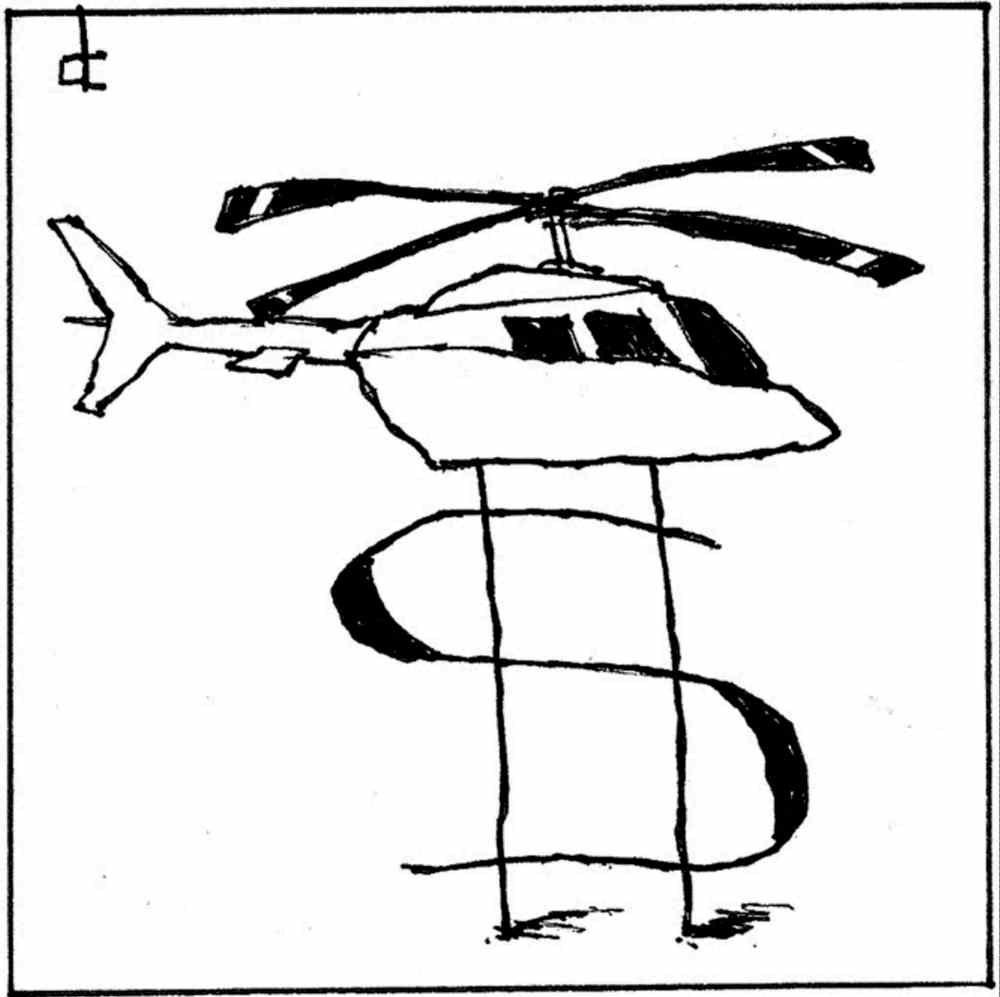Reaching for STARS in election
Advertisement
Read this article for free:
or
Already have an account? Log in here »
To continue reading, please subscribe:
Monthly Digital Subscription
$0 for the first 4 weeks*
- Enjoy unlimited reading on winnipegfreepress.com
- Read the E-Edition, our digital replica newspaper
- Access News Break, our award-winning app
- Play interactive puzzles
*No charge for 4 weeks then price increases to the regular rate of $19.00 plus GST every four weeks. Offer available to new and qualified returning subscribers only. Cancel any time.
Monthly Digital Subscription
$4.75/week*
- Enjoy unlimited reading on winnipegfreepress.com
- Read the E-Edition, our digital replica newspaper
- Access News Break, our award-winning app
- Play interactive puzzles
*Billed as $19 plus GST every four weeks. Cancel any time.
To continue reading, please subscribe:
Add Free Press access to your Brandon Sun subscription for only an additional
$1 for the first 4 weeks*
*Your next subscription payment will increase by $1.00 and you will be charged $16.99 plus GST for four weeks. After four weeks, your payment will increase to $23.99 plus GST every four weeks.
Read unlimited articles for free today:
or
Already have an account? Log in here »
Hey there, time traveller!
This article was published 21/03/2014 (4273 days ago), so information in it may no longer be current.
The auditor general’s findings on how the Selinger government chose the non-profit STARS organization to run a helicopter ambulance here reveal the heavy cost of decisions made for political benefit. Despite warnings the health department was ill-equipped to design such a service, the NDP government rushed the process, essentially allowing the Calgary-based group to write its own ticket.
As a result of the government breaking its own tendering laws and doing no real value-for-money work, the $159-million, 10-year agreement with STARS costs Manitobans between 231 per cent and 618 per cent more than helicopter ambulance service in other jurisdictions. Auditor general Carol Bellringer, in what is her last annual report to the legislature, says the cost per mission in Manitoba is $49,000; services in British Columbia and Ontario cost $8,146 and $7,934 respectively.
Further, the auditor found oversight of the quality of care was scant, nor was there a reliable way of tracking and assessing complaints. STARS, suspended in December for critical-incident issues, has only recently been allowed back in the air. But this, the report reveals, might have been avoided if the department heeded warning signs.

Last May, shortly after STARS went to 24-hour coverage, the province’s air medical director was getting so many calls of concern about cases that he told the director of emergency medical services evidence indicated STARS should be grounded immediately. The department decided instead to insist a doctor fly on all inter-facility flights. Yet, that was not done until July 30, after the auditor general’s staff noticed the gap.
The financial, and the patient-care issues that ultimately grounded STARS for months, are the unnecessary consequences of a badly mismanaged, unfair planning process that paid off for STARS and the NDP. There was no pressing need to short-circuit the tendering process that left Manitoba incapable of assessing the value of STARS’ offer. That point has been made in spades by others in the industry in Manitoba who never got a chance to even bid for the work.
STARS, introduced in Manitoba during the 2009 flood, had delivered service on short-term agreements since then and could have continued to do so while a level-headed review of the options and Manitoba’s needs was conducted — as advised by health officials early in the process.
But that didn’t meet the political agenda of then-health minister Theresa Oswald and her cabinet colleagues. The government had issued repeat news releases promising a helicopter ambulance service, along with a new helipad at HSC and St. Boniface hospitals (still waiting) and it meant to deliver for maximum partisan bang.
On June 28, 2011 — just under the wire of a 90-day ban on government advertising triggered by the Oct. 4 election — Ms. Oswald announced she had signed a deal for permanent service with STARS.
The price was too high. It remains too high. The agreement allows the province to give one-year notice it wants out of the STARS funding agreement. Given the auditor’s findings, Health Minister Erin Selby has reason to notify STARS her department is reviewing the deal, looking for better value for its money. That would allow STARS to resubmit an offer, while Manitoba seeks the competitive bids it should have solicited years ago.

